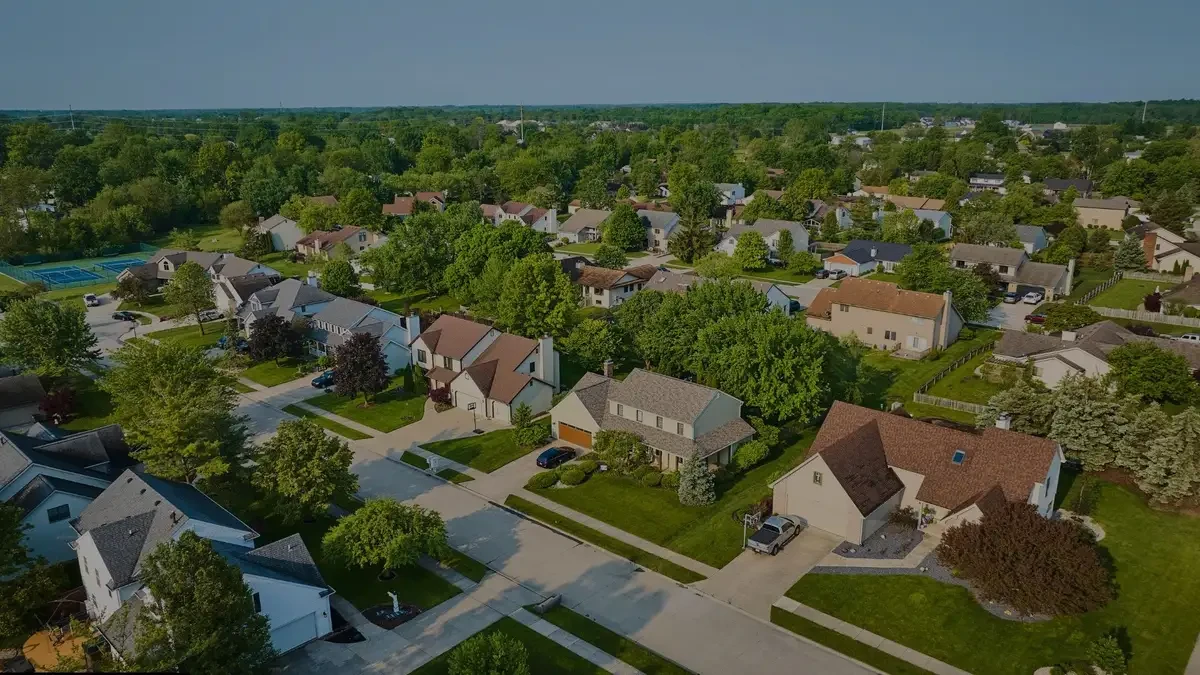Reverse mortgages are an attractive option for seniors looking to access the equity in their homes without having to sell. But what if you have bad credit? Can you still qualify for a reverse mortgage? The answer isn’t as simple as a yes or no. It depends on several factors. This article will guide you through the important details and considerations you should know if you’re wondering whether you can get a reverse mortgage with bad credit.
Understanding Reverse Mortgages
Before we dive into the specifics of qualifying with bad credit, it’s essential to understand what a reverse mortgage is. A reverse mortgage is a type of loan that allows homeowners, typically aged 62 or older, to convert part of the equity in their home into cash. The amount you can borrow is based on several factors, including the value of your home, your age, and the interest rates.
Unlike traditional mortgages, you don’t need to make monthly payments with a reverse mortgage. Instead, the loan is repaid when you sell the home, move out, or pass away. The money you receive can be taken as a lump sum, a line of credit, or monthly payments.
The Role of Credit in Qualifying for a Reverse Mortgage
When applying for a reverse mortgage, lenders don’t usually focus as heavily on your credit score as they would for a traditional loan. However, your credit history can still play a role in the approval process. Let’s explore how.
1. Credit Score and Its Impact
While reverse mortgage lenders don’t typically require a specific credit score, they do assess your financial history to ensure that you are capable of handling the loan’s obligations. For example, they will check to see if your property taxes are current, whether you’ve kept up with home maintenance, and whether you have sufficient income to pay for ongoing costs like property taxes and homeowners insurance.
If you have a poor credit history or a low credit score, it may raise red flags for lenders. A reverse mortgage isn’t free money—you’re still responsible for maintaining your home and covering some costs. If the lender feels you might not be able to keep up with these financial obligations, it could affect your application.
2. The Importance of Property Taxes and Insurance
One of the key considerations for a reverse mortgage lender is whether you can continue to cover essential costs like property taxes, homeowners insurance, and maintenance. If you have a history of struggling to manage these payments, this might signal to lenders that you’re at higher risk, regardless of your credit score.
If you have bad credit but can show that you are consistently current on your property taxes and insurance payments, it can help offset concerns about your financial reliability. On the other hand, failing to keep up with these payments may lead to difficulties in qualifying, even with a low credit score.
3. Financial Assessment
Since the reverse mortgage program is designed to provide senior citizens with a source of income, lenders will typically require a financial assessment. This includes reviewing your credit report, income, expenses, and debts. While bad credit may not disqualify you, poor financial health can make it more difficult to qualify.
If you’re worried about your bad credit affecting your application, consider getting a financial assessment to determine if you meet the program’s requirements. If you do not qualify initially, you may be able to improve your situation by clearing up debt or showing that you are more financially stable.
How to Improve Your Chances of Qualifying for a Reverse Mortgage with Bad Credit
If you’re concerned that your bad credit might prevent you from getting approved, there are steps you can take to increase your chances. Here are a few tips to improve your eligibility:
1. Work on Your Credit Score
Although reverse mortgage lenders don’t focus as heavily on your credit score, improving your credit is still a smart idea. Pay off any outstanding debts, particularly high-interest ones, and try to reduce your overall debt load. Even small improvements in your credit score can make a difference in your ability to secure the loan.
2. Keep Your Property Taxes and Insurance Current
As mentioned earlier, one of the most important factors in getting approved for a reverse mortgage is whether you’re up to date on your property taxes and insurance payments. If you have any overdue balances, get them caught up before applying. Lenders want to see that you’re financially responsible and capable of managing your home.
3. Consider Adding a Co-Borrower
If your credit is bad, but you have a co-borrower who has a good credit history, that person can help improve the chances of approval. The co-borrower’s good credit score and financial standing can offset your own credit history and make it more likely that your reverse mortgage application will be accepted.
4. Seek Professional Help
If you’re not sure whether a reverse mortgage is right for you, or if you need help navigating the process, consider seeking advice from a financial advisor or a reverse mortgage counselor. These professionals can help you understand your options, assess your financial situation, and guide you through the application process.
Using an Online Reverse Mortgage Calculator to Determine Eligibility
If you’re wondering whether a reverse mortgage might be right for you, using an online reverse mortgage calculator can be a helpful first step. These calculators allow you to input basic information about your home, your age, and other factors to get an estimate of how much you could qualify for. Some calculators also offer information on the financial requirements for reverse mortgages, so you can see if you meet the basic criteria before applying.
Although a reverse mortgage calculator can’t guarantee approval, it can give you a ballpark figure to work with and help you understand whether your financial situation is likely to be a good match for the program. If you’re worried about your bad credit affecting your eligibility, a reverse mortgage calculator can help you make an informed decision.
Conclusion: Can You Get a Reverse Mortgage with Bad Credit?
The short answer is that it’s possible to qualify for a reverse mortgage with bad credit, but it depends on your overall financial situation. Lenders place more emphasis on your ability to maintain your home and cover essential expenses, like property taxes and insurance, than on your credit score. However, a poor credit history can still be a factor that lenders consider during the application process.
By keeping up with property tax payments, improving your credit score, and ensuring that your finances are in good shape, you can increase your chances of qualifying for a reverse mortgage, even with bad credit. Make sure to do thorough research and use tools like the online reverse mortgage calculator to help you understand your options.
If you’re uncertain about your qualifications, seeking professional advice can provide you with more personalized guidance, giving you the best chance to make a smart, informed decision about using a reverse mortgage as a financial tool.




